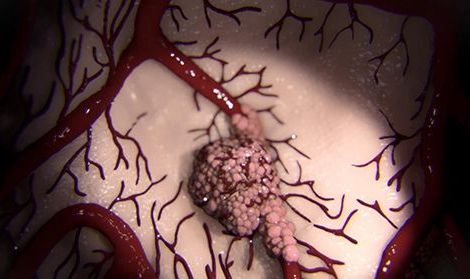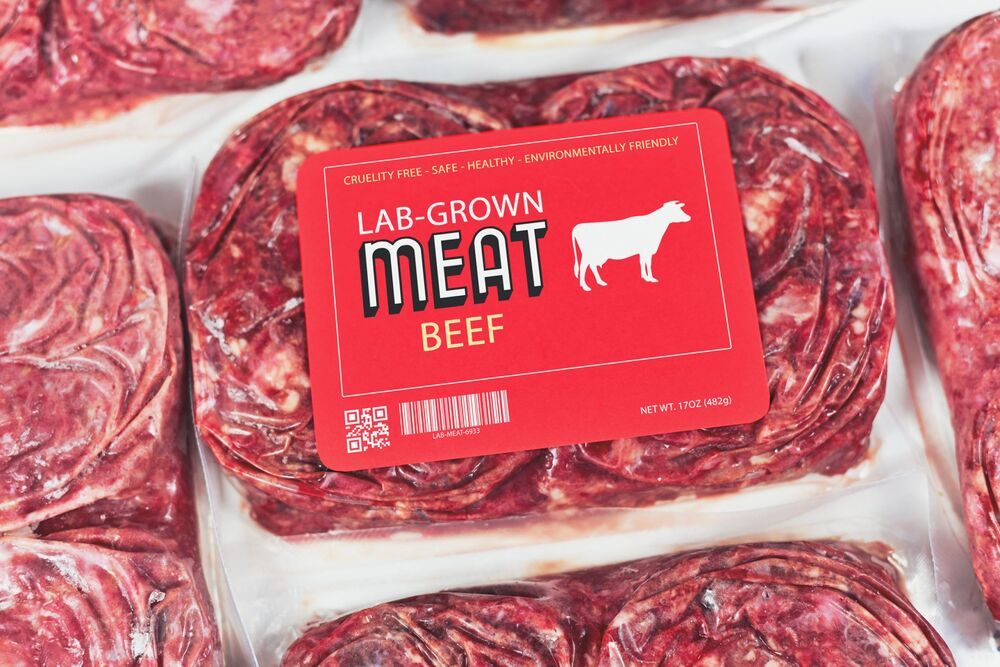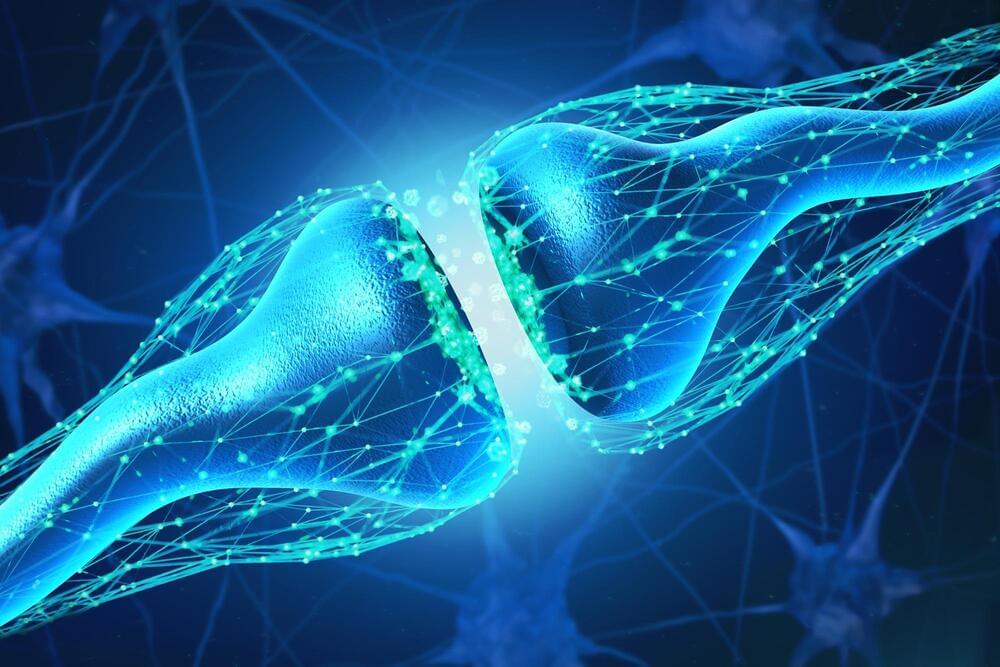What is the difference between vitamin D2 and D3? Read on to learn the differences, including which foods are high in vitamin D2 and D3.



TOKYO — India is rapidly closing the gap with China in minting new unicorns — privately held startups valued at $1 billion or more — highlighting growing investor appetite for tech startups in the country as the pandemic accelerates adoption of digital services.
Over the past year, 15 companies from India raised capital at a valuation of $1 billion or more for the first time, according to CB Insights and company announcements gathered by Nikkei Asia. Ten of them became unicorns in 2021. By comparison, only two of the 16 companies from China that joined the list over the past year did so in 2021, according to CB Insights.
A successful listing of online food delivery company Zomato, which recently filed a draft prospectus with India’s securities regulator, would set the stage for many of these unicorns to follow suit. Zomato, a loss-making company operating in a nascent industry once considered too risky to invest, is planning to raise 82.5 billion rupees ($1.1 billion), including through a pre-IPO placement.
Have you seen those plant trees instead of go to space memes recently? Well, aside from believing we can do both, I wanted to remind people what great things we use everyday due to the technological developments that the space race has spawned. Not least, the monitoring of illegal deforestation, but right through to better baby food, cleaner water and incredible digital cameras!! But that is not all, so here is my Top 10 technologies, that we have the space industry to thank for…
In the last decade, lab-grown meat has emerged a sustainable alternative to traditional livestock methods. Livestock strain Earth’s land resources and account for about 14.5 percent of global greenhouse gas emissions. But while scientists can grow thin sheets of cow meat and scrape it together to form a patty, people eat with their eyes as much as their mouths. For lab-grown meat to replace a fresh steak, it needs to look like a steak.
Growing lab-based meat into 3D structures is difficult because it needs constant delivery of oxygen and nutrients. In living organisms, vascular systems fill that need. Researchers at Boston College previously showed that skeletonized spinach leaves, stripped of everything but their veiny, oxygen-dispersing, vascular system, can support patches of heart muscle cells. Now, they show that lab-grown meat can grow on skeletonized spinach, an essential step to growing steak-shaped meat in the lab.

Most deaths associated with lung cancer are due to the migration of cancer cells to other organs—a process called metastasis. Although cancer therapies have advanced, treatments for lung cancer metastasis continue to lag.
The root of red ginseng (Panax ginseng) has been used as food and herbal medicine for thousands of years globally and especially in Korea and China, owing to its medicinal properties. However, the composition and activities of red ginseng vary depending on the processing method. Recent studies have shown the efficacy of red ginseng against lung cancer metastasis.
A new study conducted by scientists at the Korea Institute of Science and Technology (KIST) reports the successful use of a microwave processing method for ginseng that increases trace amounts of Rk1 and Rg5 ginsenosides—a class of natural steroid sugars found almost exclusively in plants of the genus Panax —that effectively inhibit the metastasis of lung cancer.

And as well as producing less waste, insects can also live off food and biomass that would otherwise be thrown away, says Collins, contributing to the circular economy, where resources are recycled and reused. Insects can be fed agricultural waste, such as the stems and stalks from plants that people don’t eat, or scraps of food waste. To complete the recycling chain, their excrement can be used as fertiliser for crops.
Insects are a nutrition-dense source of protein embraced by much of the world. Why are some of us so squeamish about eating them?

Mastering meat production in this way will lead to advances in medical science and treatment.
“Cultured meat also ultimately offers the opportunity to create meat products that are more well-defined, tunable, and potentially healthier than meat products today, which are constrained by the biological limitations of the domestic animals from which they are derived.”
Owing to advances in industrial-scale cell culture process, the production of cultured meat has been largely standardized. Typically stem cells are first seeded into extracellular matrix scaffolds usually made of edible biomaterials like collagen and chitin. To support cellular metabolic activities, culture media containing nutrients like glucose and sera are next added to the bioreactor where continual mechanical motion facilitates good diffusion of nutrients and oxygen into and removal of metabolic waste products from the cells. After about 2–8 weeks, the cells grow into tissue layers and can be harvested and packaged.
Several key challenges remain in producing cultured meat including access to (proprietary) cell lines, high raw material cost, animal-source nutrients, and limited manufacturing scale. Despite this, immense progress has been made over the last decade. Here, we discuss the challenges and solutions to deliver cultured meat from a lab bench to a dining table.
Unlocking The Potential Of Salt and Drought Tolerant Crops And Seawater Agriculture — Professor Dr. Mark Tester — Center for Desert Agriculture, King Abdullah University of Science and Technology; Co-founder & CSO, Red Sea Farms.
Professor Dr. Mark Tester is Professor, Plant Science, and Associate Director, Center for Desert Agriculture, Biological and Environmental Science and Engineering Division, of King Abdullah University of Science and Technology (KAUST) in Saudi Arabia.
Prior to joining King Abdullah University of Science and Technology in February 2013, Professor Tester was a professor of plant physiology at the University of Adelaide and the Australian Centre for Plant Functional Genomics from 2009 to 2013. He has a PhD from the University of Cambridge in plant sciences.
The aim of Professor Tester’s research program is to elucidate the molecular genetic mechanisms that enable certain plants to thrive in sub-optimal conditions, such as those of high salinity or high temperature, and then deliver the outputs in economically viable systems, such as barley, rice, tomatoes and quinoa.
An immediate applied aim of the program is to modify crop plants in order to increase productivity in conditions of challenging abiotic stress, with consequent improvement of yield in Saudi Arabia, the region and globally.

Researchers have developed a brain-like computing device that is capable of learning by association.
Similar to how famed physiologist Ivan Pavlov conditioned dogs to associate a bell with food, researchers at Northwestern University and the University of Hong Kong successfully conditioned their circuit to associate light with pressure.
The research will be published today (April 30, 2021) in the journal Nature Communications.

But the biotech industry has argued that much of gene-editing simply accelerates processes that occur naturally, and that GMO-style regulation would shackle efforts to develop sustainable crops or advance research into human disease.
The European Commission launched a review of EU rules on genetically modified organisms (GMOs) on Thursday, opening the door to a possible loosening of restrictions for plants resulting from gene-editing technology.
Prompted by a 2018 ruling from the European Union’s top court that techniques to alter the genome of an organism should be governed by existing EU rules on GMOs, the Commission concluded that its 2001 legislation was “not fit for purpose”.
Gene-editing technology targets specific genes within an organism to promote certain characteristics or curb others, while genetic modification involves transferring a gene from one kind of organism to another.